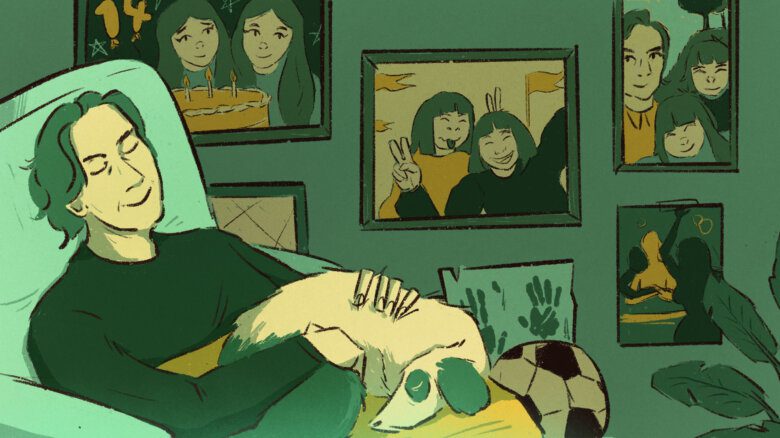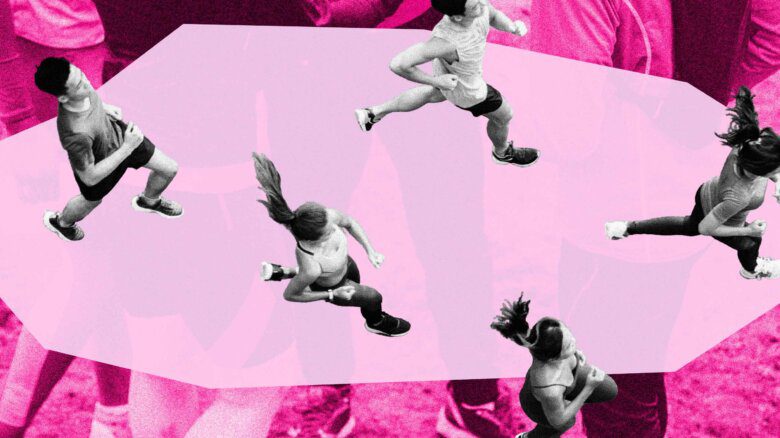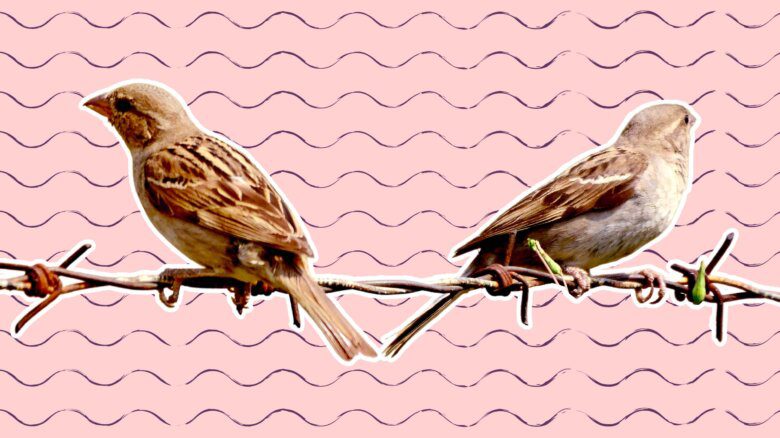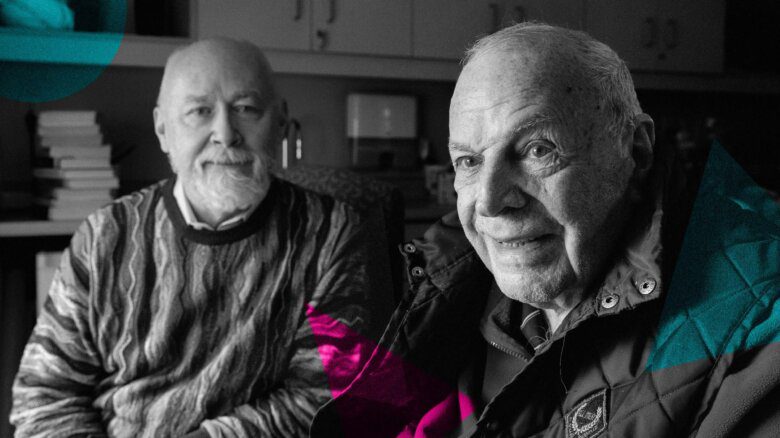“Ask Kai: Advice for the Apocalypse” is a column by Kai Cheng Thom to help you survive and thrive in a challenging world. Have a question? Email askkai@xtramagazine.com.
Dear Kai,
I’m a gay man in my late 50s, and while I’ve had my share of male partners, I’ve only come to truly accept who I am slowly over the past ten years. I was raised without any positive queer role models (and with many bad ones), and I’ve felt a lot of internalized shame about who I am for most of my life. I spent decades on the outskirts of the LGBTQ2S+ community, never really getting involved. Now, I’m finally here, queer, out and proud. I finally have some good queer friends in my life, too.
I feel blessed by this second chance, and I want to give back. It would mean so much for me to volunteer with young queer people, maybe in a “big brother” or mentor kind of role—I want to be for someone the kind of role model I never had, and I’m willing to do a lot of learning so I can do it right. But I’ve got this anxiety I just can’t shake, which is the fear of being seen as a predator. No matter how hard I try to snap myself out of it, there’s a voice in my head that keeps telling me that I’ll be labelled as a pedophile and a monster, that no one wants an old gay guy around young people. I keep seeing that the word “groomer” has come back in vogue as an insult on social media, and it honestly scares the hell out of me. Most of all, I’m scared that they might be right about me … I’ve never had any reason to think I could be dangerous to young people (I’ve always been partial to older guys, honestly!), but for some reason I’m still terrified of it. Any wise words?
Timid in Toronto
Dear Timid,
I am so happy that you have found your way into queerness, community and self-acceptance. Every story of a queer person’s journey into being more fully and happily themselves gives me hope, because I believe that our community needs, and is enriched by, each and every soul who walks through the fires of queerphobia and transphobia to find us. We need young folks and elders, we need people like me and like you, we need one another. The heterosexual world has already taken so much from us, and it is still trying to take more. Do not let them. Every step we take toward undoing the fear and the self-hatred they forced on us is a step toward a better world for the LGBTQ2S+ people who come next.
Warning: What follows next may not qualify as “words of wisdom,” or necessarily even “advice”—I’m going to get on a soapbox here, Timid, and I invite you to get on it with me and enjoy the ride.
The heterosexual world has made up many lies about us, it’s true. Before European colonization and Christianization, many societies accepted and even celebrated sexually and gender-diverse individuals, and some still do. The idea that queer and trans people are sick, depraved, evil or morally impure has deep roots in the colonial logic that was used to justify European violence and the conquest of supposedly less civilized peoples.
Perhaps this is why queerphobic stereotypes have noticeable parallels in racist, anti-Semitic and eugenicist thinking: the notion of the terrifying Other as a dangerous monster who poses a threat to the innocent takes many faces across many kinds of oppression—and it has many uses for would-be oppressors. After all, a group of people labelled as dangerous to the innocent can be hated without compunction and punished without limit. The group that is designated as dangerous to the innocent can be dehumanized and policed without protest. And who could be more innocent than sweet little (white and presumably straight, cisgender) children?
Resorting to the rhetoric of “protecting children” is a time-honoured and highly effective strategy favoured by demagogues and bigots. For one thing, everybody loves children—it’s practically the law. Who could ever be against protecting children?
For another, children are an extremely convenient demographic to base a political stance on because children themselves are disempowered and disenfranchised by the dominant culture, and therefore are unlikely to be able to effectively speak for themselves. The heterosexual world is therefore free to project whatever emotional issues it wants on to the vague notion of “protecting kids” without having to do any meaningful self-reflection—for example, on the fact that the vast majority of violence against children, including sexual violence, is committed by members of the biological family.
So, Timid, I reject and despise the stereotype of queer people as being dangerous to children because it has no basis in fact, because it is a disgusting lie that has been used to oppress and kill us, and because it stands in the way of our legitimate need to create communities of intergenerational care. I loathe the term “groomer” because of the way it is used to stir hatred and create violence against people like you and me, and because there are much better and more helpful ways to talk about ending violence against children. Most of all, I reject the heterosexual world and the burden of shame that it places upon us.
So what are we to do, Timid, when the heterosexual world intrudes on our inner thoughts, convincing us that we are evil and unworthy of connection? Well, on the practical side, there’s always the time-worn advice of working through one’s internalized homophobia with a sympathetic counsellor and queer friends our own age—always a good idea. On the more ideologically interesting side, I want to say: Let’s go to war with the heterosexual world. Let’s kill the homophobe in our hearts and trample its grave.
What does that mean, you ask? To me, it means that rebellion against internalized homophobia can take the form of a thousand tiny acts practised over a lifetime.
Go look for those volunteer opportunities, Timid. Research them online, call up your queer acquaintances to ask for recommendations, and when you feel the fear rising in you, remind yourself that fear is always trying to save your life. Love the fear and then let it go. Do rituals to release it as though you were exorcising a ghost: wash your fear and shame away in water and herbal baths. Collect books and movies about queer families and surround yourself with them. Write your younger self letters from the older mentor you wish you had and long to be until you know that both your past and present selves are worthy of human connection.
Yes, there may be those who find an excuse to call you horrible names and accuse you of having terrible intentions—but, to be honest, this likely won’t happen very often, if only because most queer services where you will find volunteer opportunities have safety and confidentiality protocols to protect against this very thing. Queer communities, and especially queer social services, have spent years developing strategies to protect ourselves, and you will likely learn more on your journey, Timid. Of course, something might still happen, but I trust you are brave enough to accept that risk—because you were brave enough to come out in the first place. You’ve already done the most courageous thing, Timid. Keep on doing more.
Never surrender to the heterosexual world, Timid. Homophobia and transphobia thrive when we remain afraid in isolation. Queer communities and queer revolutions were built by those who dared to reach out for one another in spite of the threat of punishment. Every step we take toward one another and every time we build a new relationship brings us closer to freedom. It takes courage to fight this war. It takes love to know how to win. And we will win, of that I’m certain. The homophobic heterosexual world has hatred and lies. We have something better. We were made for this. We cannot fail.
Kai Cheng Thom is no longer a registered or practicing mental health professional. The opinions expressed in this column are not intended or implied to be a substitute for professional medical advice, diagnosis or treatment. All content in this column, including, but not limited to, all text, graphics, videos and images, is for general information purposes only. This column, its author, Xtra (including its parent and affiliated companies, as well as their directors, officers, employees, successors and assigns) and any guest authors are not responsible for the accuracy of the information contained in this column or the outcome of following any information provided directly or indirectly from it.
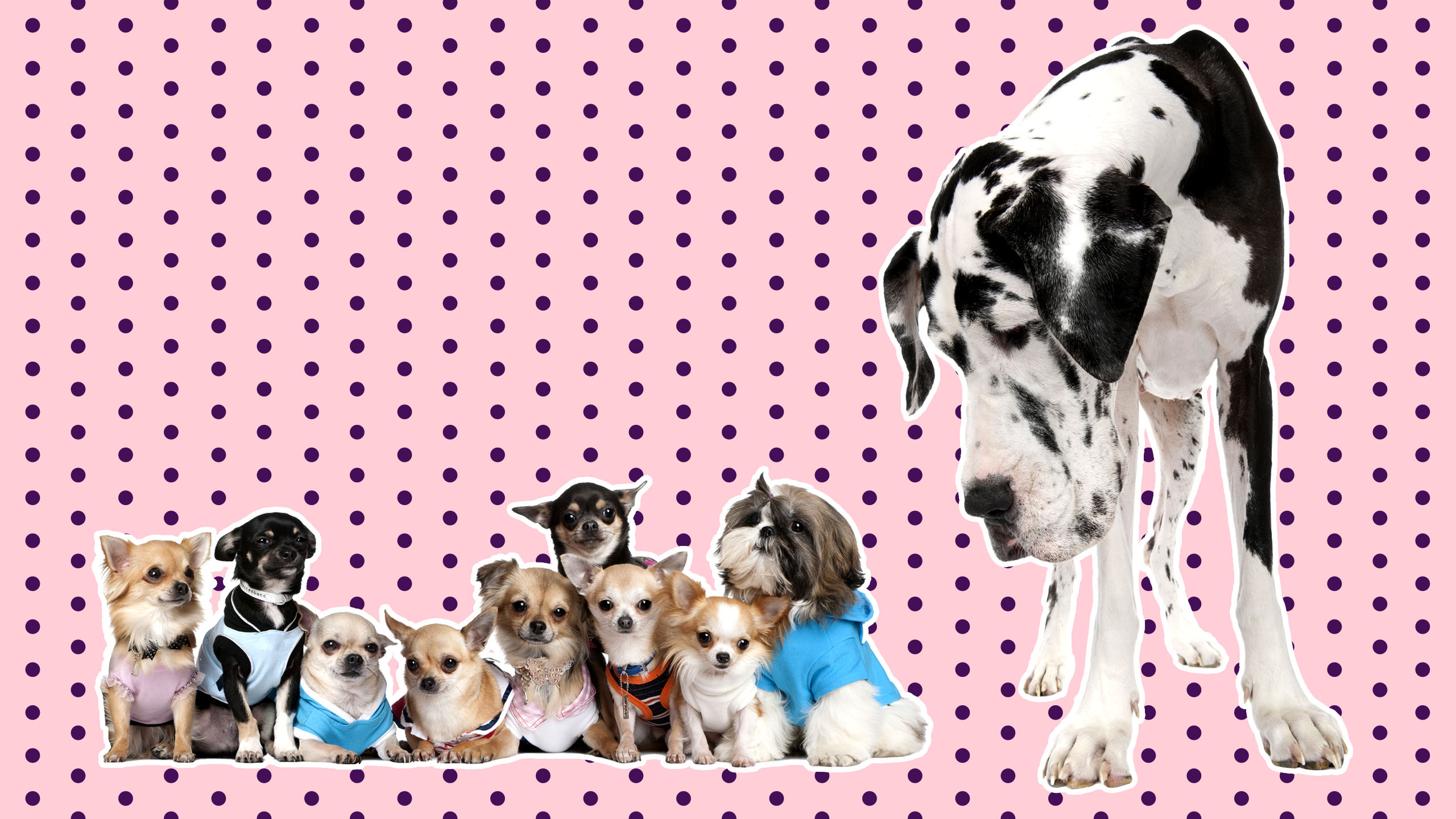

 Why you can trust Xtra
Why you can trust Xtra